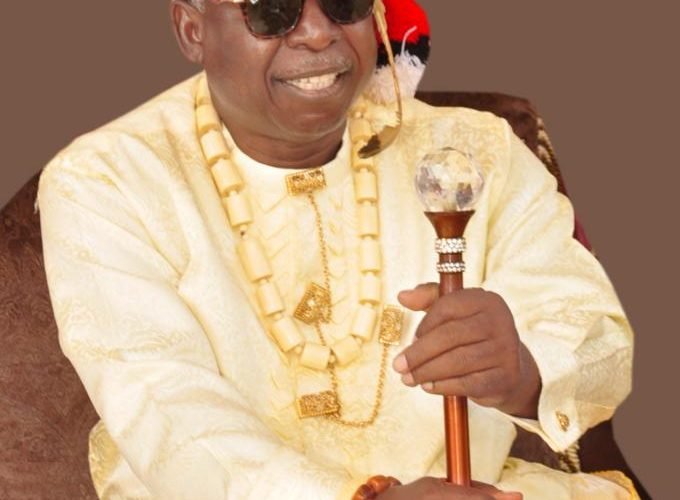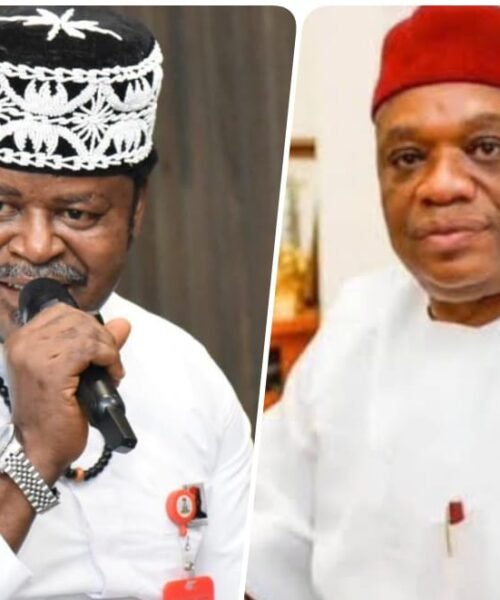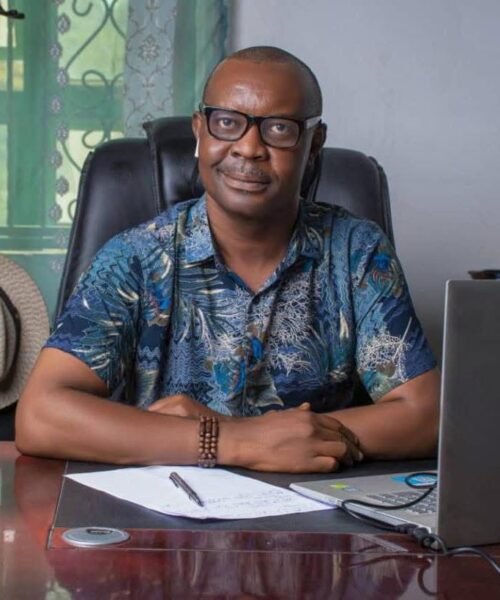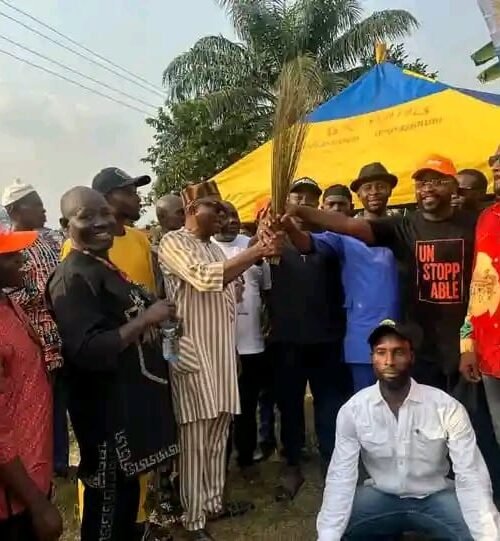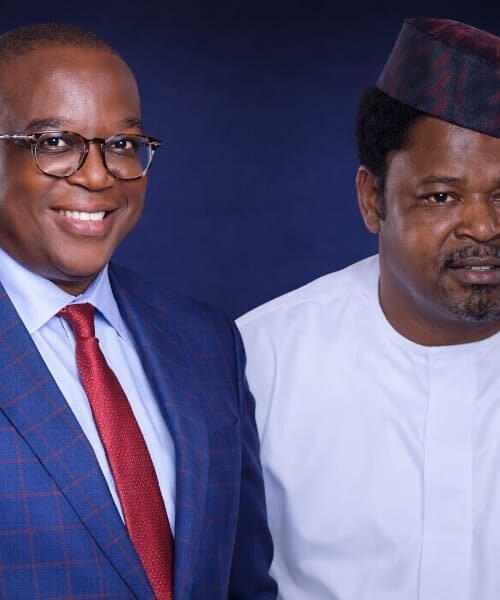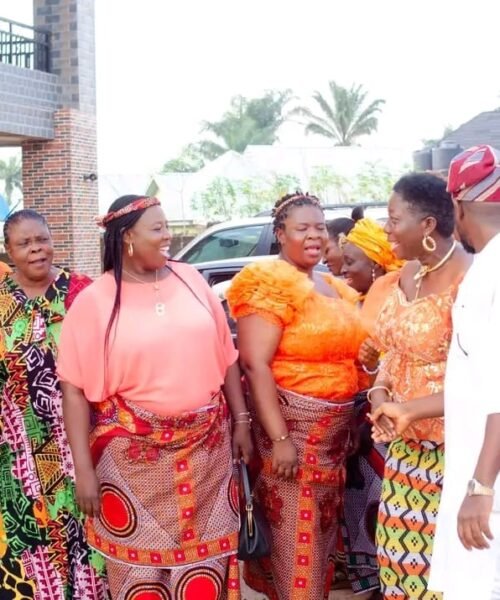“HARD FACTS”
- What you termed “hard facts” in your write-up are immaterial, and irrelevant and so we have decided to ignore them. Rather, we wish to conclude by admonishing you that despite your idiosyncrasies and misguided stance, we still have respect for you as a distinguished son of Ohafia and as such, we had expected you to carry out a serious research and ask questions before you put anything to paper or allow your misunderstanding and personal perception of the Chieftaincy edict to becloud your vision. What we need is a synergy of action between the Nde Ezieogo Ohafia and Autonomous Ezes, for the peaceful development of Ohafia and not self-induced acrimonies that will tear us apart and send us backwards.
Keep fit and stay safe.
“Annex B” signed by the 26 members of the Ohafia Council of Monarchs.
However, the current perception of autonomous communities and their traditional rulers has changed over time. Some traditional rulers hold limited influence, having been appointed by the government without any claim to traditional lineage or legitimacy in the village.
As a result of government control, the position of Eze has become subject to the unpredictability of politics, rather than cultural and traditional practices. An Eze who belongs to an opposition political party may be removed by the government without regard for the welfare of their community.
This novel political arrangement resulted in some consequences whereby the state government interacts more with the traditional rulers council, while the villages rely more on their Ezieogos, causing an official communication disconnect between the government and the communities.
The dilemma created by this novel political arrangement by government have been immense. The Ezieogos of the 26 villages believe that the government established autonomous communities and their traditional rulers but did not abolish the rights of the hereditary/lineage leadership of the Ezieogos, who are the custodians of all traditional instruments of power and rulership in the villages and towns of Ohafia.
The Ezieogos play crucial roles in maintaining traditions and resolving disputes in their respective villages since they are closest to the people and are the custodians of village traditions. Neglecting their roles could lead to chaos and impede the administration of justice.
However, some village Ezieogos’ administration is viewed as semi-primitive and full of infractions, hindering the progressive development of many villages. As a result, there is a demand for literate Ezieogos who can improve the quality of administration in the villages.
This issue has caused friction in some ongoing intra-village disputes in Ohafia. Furthermore, the creation of autonomous traditional rulers and the need for literacy have further undermined the hereditary leadership of the Ezieogos. Therefore, many communities now prefer fairly literate and affluent members of their community to represent them rather than relying on illiterate lineage headship.
CONCLUSION:
To promote development and tackle security challenges in Ohafia, it is crucial to establish a peaceful environment.
To achieve this, it is important to bridge the communication gap between the government-recognized autonomous traditional rulers and the Ezieogos who hold the traditional instruments of power and administration in the villages. This should be a top priority for all those concerned with the well-being of Ohafia. Despite the complicated arrangement between community rulers, there is still hope for improvement.
The Abia State Government has already taken a proactive step to address the issue by prohibiting the creation of additional autonomous communities.
To fully harmonize the roles of these traditional institutions, it is important to establish a clear and specific role for them in terms of conflict resolution and community security. This effort is necessary to prevent further degradation or tarnishing of traditional institutions in Abia State.
The government should consider expanding its efforts by recognizing the original 26 villages of Ohafia clan as autonomous communities and officially acknowledging their Ezieogos.
ABUJA 2023. The End

